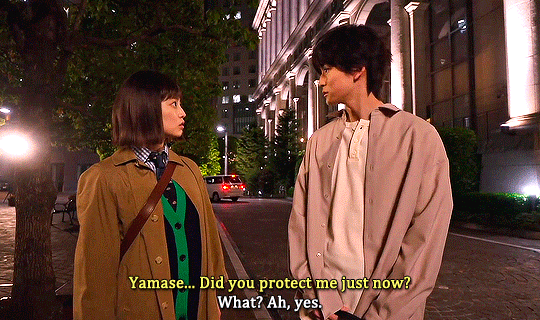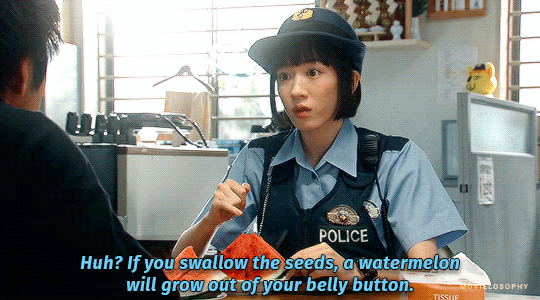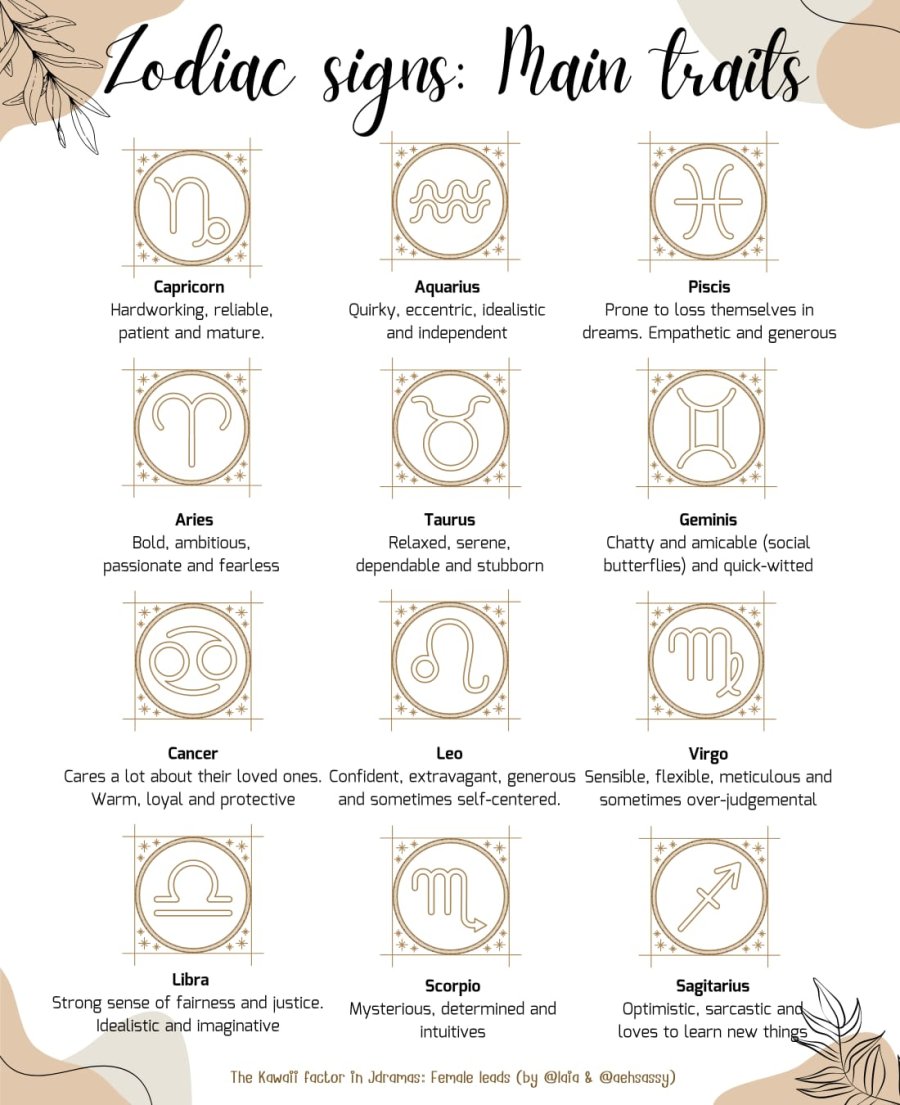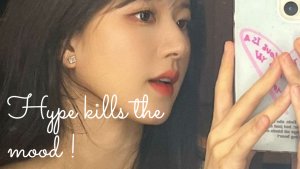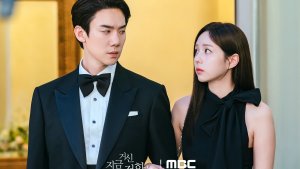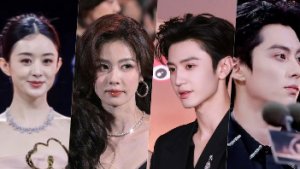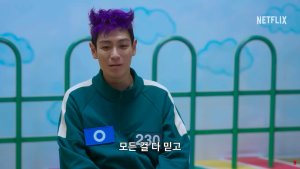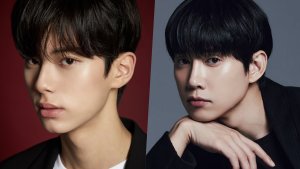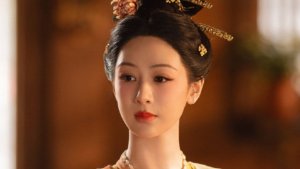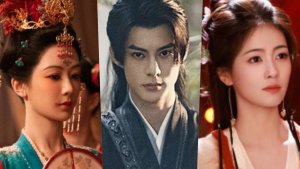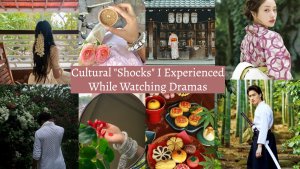 Cultural Shocks I Experienced While Watching Dramas
Cultural Shocks I Experienced While Watching Dramas
This article can be viewed in either dark or light mode. However, we recommend switching to the light mode for a better experience.
 Konnichiwa
Konnichiwa 
We are back with another Japanese drama-related article, but this time we'll be discussing a coinage often witnessed in Japanese dramas and movies and an influential element of Japanese culture, 'Otona-kawaii'.
At times, we've seen viewers complain about the portrayal of female characters in Japanese dramas/movies. Their judgment is, however, based on certain types of Japanese shows, but it eventually generalizes every J-drama & movie coming out, and we think some people might feel reluctant to invest their time in a story as they presume that the female lead will not have certain decisive character elements.
Of course, everyone is different and one shouldn't watch something if their gut feeling tells them otherwise. So in this article, we will try to discuss the kinds of female leads we encounter in Japanese shows and to what extent they impersonate the Kawaii trait in their characters.

|


Before I get into a specific environment, I must say that, as we all know, the objectification of women is a global issue. There are so many countries that allow companies to use female bodies to appeal to the minds of their (mostly) male clients.
Even so, this problem is especially concerning in Japan, where many young women appear to accept and replicate this objectified image of themselves. This 'Kawaii culture' has been getting more known through the years, earning the same meaning as ‘adorable, cute’. However, this word may have more meanings than those two.
 When describing a person or group, media portrayals are all about the selection and deletion of details; as a result, media reports express social understandings and interactions among groups. We believe that these portrayals are the result of acculturated views toward women. The conflicted sexism approach speculates that sexism involves two widely prevalent biased views against the female gender that either imply men's legitimate supremacy or dominance or reassert patriarchy.
When describing a person or group, media portrayals are all about the selection and deletion of details; as a result, media reports express social understandings and interactions among groups. We believe that these portrayals are the result of acculturated views toward women. The conflicted sexism approach speculates that sexism involves two widely prevalent biased views against the female gender that either imply men's legitimate supremacy or dominance or reassert patriarchy.
 | 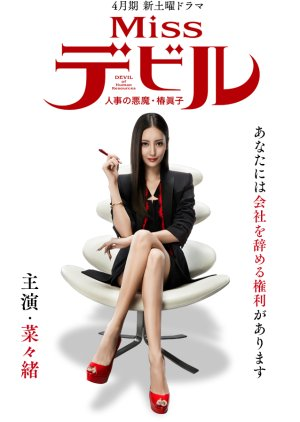 |
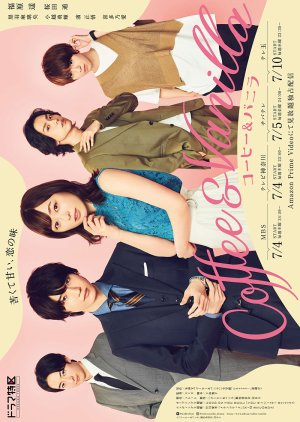 | 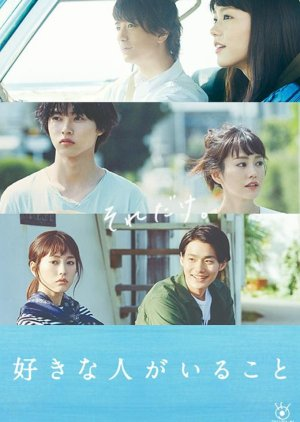 |
Being Kawaii: What exactly is it?
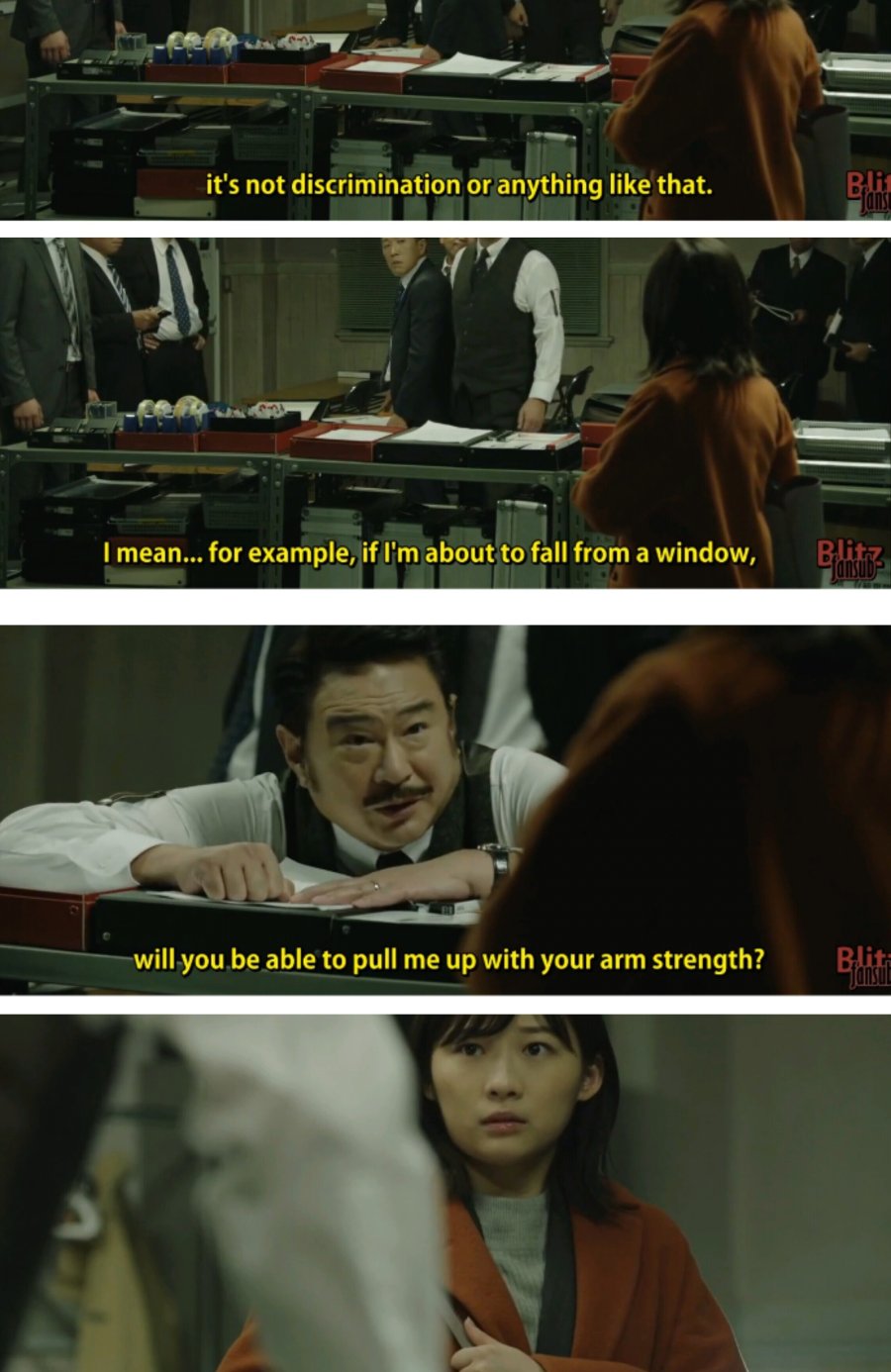 | 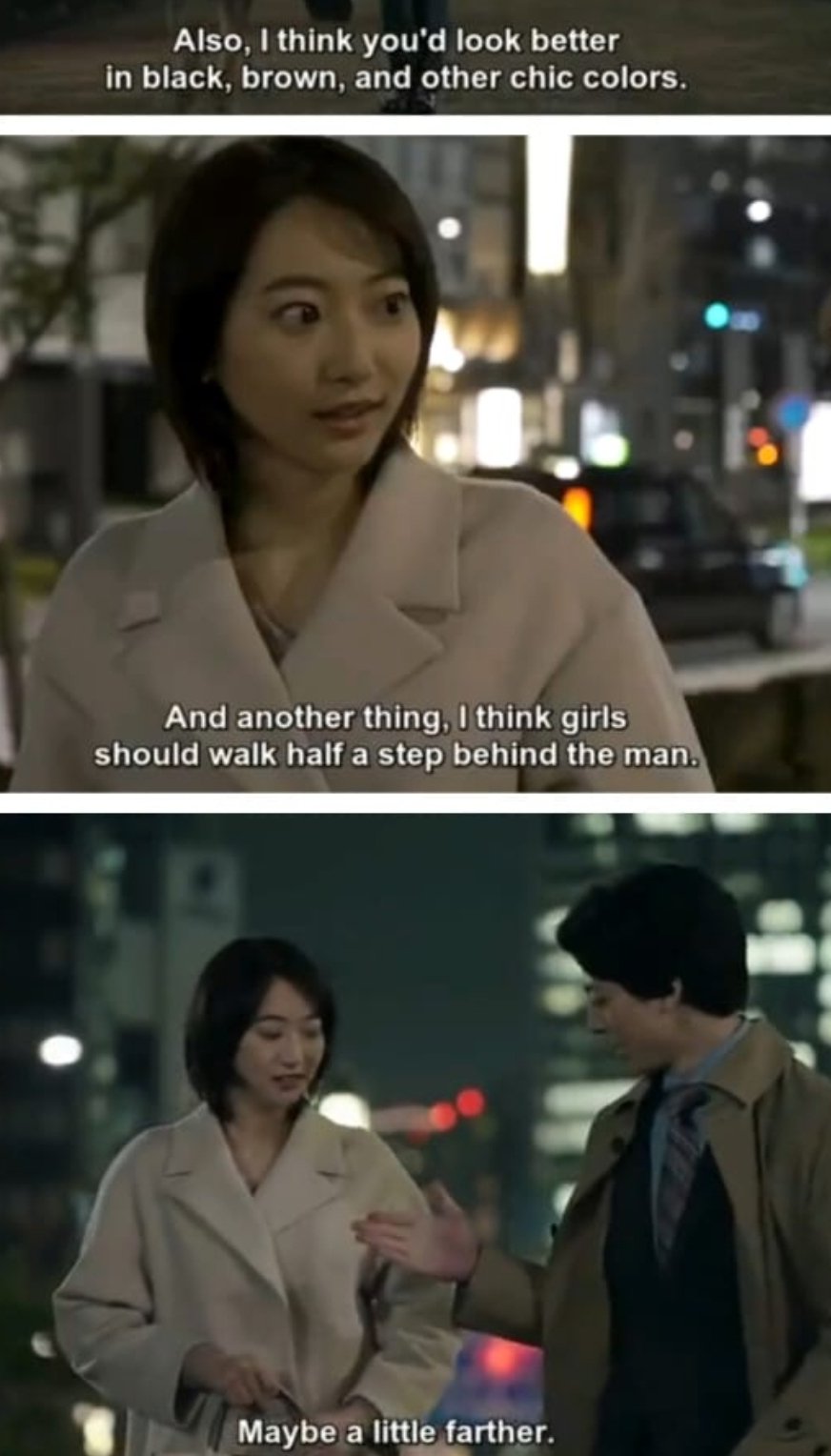 |
The power of cuteness
Numerous studies have shown that seeing cute, baby-like physical features such as small babies and animals elicits a positive reaction from the viewer, and the consumption of its related products serves as a useful tool for managing social interaction and stressful situations.
This article mentions that some high schools draw students with cute uniforms. Other things like kawaii school bags and supplies can also be designed. Plus, Japanese moms have recipe books where they can learn how to make cute lunches for their daughters to take to school. Another popular trend among school girls who want to be kawaii in their writing is the employment of Maru Moji or ‘rounded letters’. 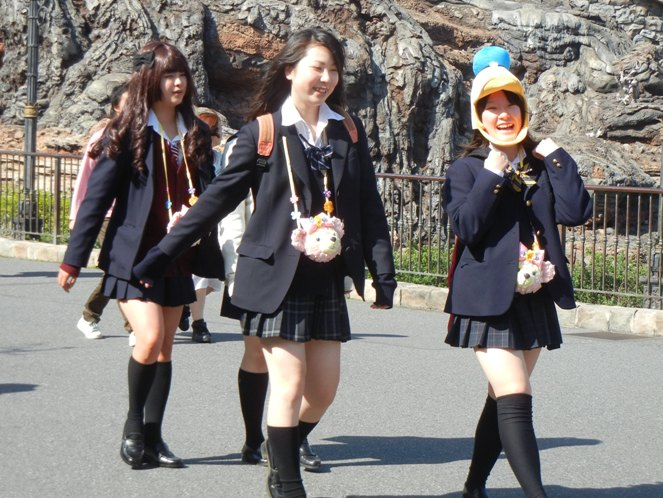
In addition to infantile traits, recent research suggests that kawaii is independent of age and that other forms of physical traits can trigger the "cuteness response." For example, in their study, Ihara and Nittono (2011) found that an adult smile can give a kawaii impression and elicit a positive response from almost all observers. In other words, a mature woman's smile can elicit cute responses from others, regardless of age.
While these endearing traits may convey weakness at first glance, May (2019) argues that cuteness is not as helpless as it seems and that one reason it is powerful is its attention-getting "sexy" quality, which makes others irresistible to people who act kawaii. Therefore, being kind to other members of society can be a useful strategy for gaining favor and attention, making a person who takes advantage of their kindness a strong person.
Additionally, cuteness can serve as a momentary getaway from the intense "grown-up" world and into a more pleasing, nostalgic, childlike self. Since kawaii was initially the domain of the young, by defining themselves as kawaii and consuming its related products when they were older, adults in many ways remembered their childhood. In other words, since kawaii contains various virtues associated with childhood, some childhood virtues are restored through "otona-kawaii" by worshiping kawaii and consuming its associated goods in old age.
 Japan's poor record on gender equality is nothing new. The public and private sectors are collaborating to address a wide range of issues, from limited outside child care capacity to inflexible workplace issues. In the business world, turning 45 meant you were set to take the next step up into management. However, women held just 12 % of management roles and 3 % of board posts in Japan in 2018.
Japan's poor record on gender equality is nothing new. The public and private sectors are collaborating to address a wide range of issues, from limited outside child care capacity to inflexible workplace issues. In the business world, turning 45 meant you were set to take the next step up into management. However, women held just 12 % of management roles and 3 % of board posts in Japan in 2018.
Cuteness, unsurprisingly, does not mix well with a desire to advance in one's work. Can you display leadership while remaining kawaii? Do your coworkers look up to you? The issue with being or seeming to be kawaii is the fact that you aren't taken seriously.
As a result, during mid-career, professional women must choose between opting out of advanced workplace advancement, becoming a mother, physically or as a caring figure inside the organization, or carving out a distinct leadership role as an adult woman.
For reference, take this Japanese drama: Waru: Hataraku no ga Kakko Warui Nante Dare ga Itta? This drama focuses on Tanaka Maririn who is an easygoing young girl. As she works in different departments of her company, she slowly understands how the work culture around her doesn't allow career advancement for women and discriminates against them in subtle yet efficacious ways.
 |
To be honest, Japan is not unique in its infatuation with youth-dominated feminine stereotypes. The United States places equal importance on the capital generated by youngsters. But there is a distinction: although American society links women's youth with sexiness, Japanese culture associates it with innocence.
Why is kawaii so persistent? It is all too simple to remark that males of a certain age want women to be cute. They frequently believe they are acting chivalrously and have good intentions.
This patronizing attitude, however, leads to an unfair lack of opportunities resulting in the gender gap in promotion over time.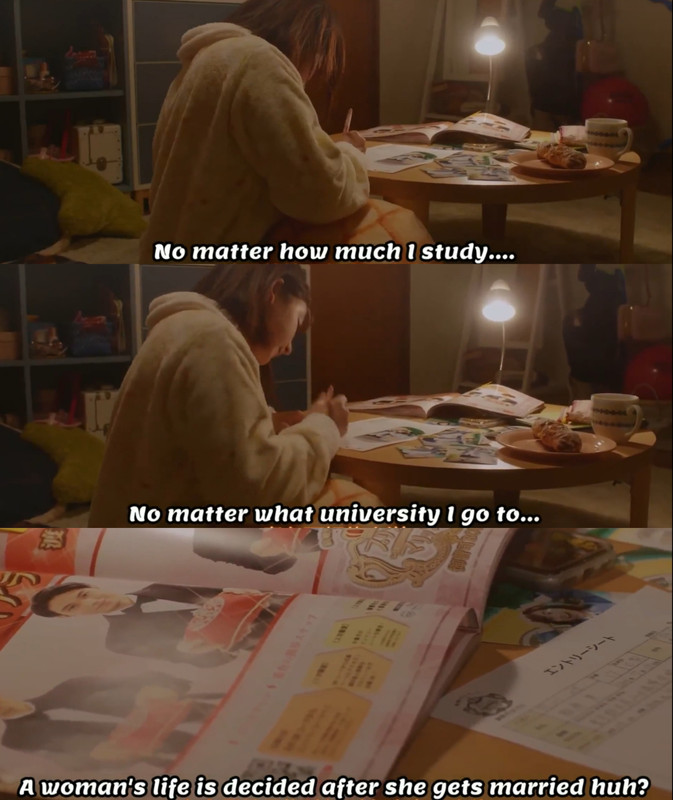
While doing our research one of the authors contacted a Japanese MDL user and asked her a question I’m sure some of us who watch Japanese dramas have been wondering:
Why do so many educated Japanese women dream of becoming housewives?
Answer by Windchime
"Unfortunately, it's indeed a real issue that's caused by casual sexism and societal pressure. Nobody would really expect such a tech-savvy country to be so close-minded but it is, just in a passive-aggressive way because they won't straight-up yell sexist remarks but would let you know of their biased views by their actions. The number of female classmates who told me that their parents asked them as kids if they "wanted to be a mother or have a job when they grow up" was jarring...
Men aren't told to choose between being a father or having a career, but the majority of people here don't believe that a woman can do both. That's why many leave their jobs once they're married and expecting a kid, and sometimes, they even get fired if they're pregnant or ask for a childcare leave; It's called maternity harassment and if I remember correctly, a survey revealed that around 48 - 50 % of pregnant working women in Japan were encouraged to quit or forced to resign, and had their salaries or bonus reduced — there are several reasons behind this problem:
1) Japanese society has always placed a huge expectation on mothers. Men here are workaholics and praised for working rather than spending time with their family, regardless of how many work-related deaths happen in this country, so they aren't really involved in the life of their own children and the responsibility of raising a child 'the correct way' falls onto the shoulders of mothers. Every criminal, every less-than-perfect person is not insulted as much as their mothers are. Men are expected to be breadwinners and the women are told to raise children all by themselves, but these expectations end up hurting both sides.
2) Low birth rates. These are also blamed on women. Old people love to talk about how women getting the freedom to work is entirely to be blamed. And oh well, everyone knows the government is mostly made of older people too. So, the narrative that women are letting down not only their parents but also the whole country by not getting married at the 'right age' of having kids is quite popular here. The lower the birth rates get, the worse unmarried or childless women are treated.
3) Gendered wage gap. Women are told to work twice as hard as men to keep their jobs, but they're paid a lot less. The teacher is the most popular career choice for women here and that's only because the wage gap isn't that bad in this profession; however, men still get hired easily and with fewer qualifications in comparison to women. This inevitably discourages women from working. I mean, if someone were to choose between doing something that's encouraged by everyone and portrayed as an ideal way to live VS something that they'll face obstacles and discrimination for — they're obviously not going to pick the latter.
4) Rose-tinted portrayal of marriage and motherhood. Being a housewife is said to be a 'leisurely' thing, while motherhood is said to be the ultimate road to happiness. But neither of these is easy. At all. Putting your life in sync with others to help them out every day, or creating, raising, and shaping a human being all by yourself, is never easy.
As for even highly educated women preferring to get married, well I assume their parents probably told them to seek education in order to get married to a 'good man' aka a man who fits their own standards. — You can't cook? Who will marry you? You're that tall? How will you find a man? You can't do laundry? Do you expect your future husband to do these chores?
It's like their whole life women are just preparing to get married. And honestly, I also believe that there's nothing wrong with not wanting to have a career and looking forward to marriage and raising kids. But, most of the time, can it really be considered a 'personal choice' if it's influenced by so many things? Even divorce isn't easy because to get married, women leave their jobs or never get one, thus they become entirely dependent on their husbands... Ughhh, I could go on and on about these messed-up societal pressures. I absolutely despise them."
A great number of issues have been discussed in this answer, and while doing our research we found more articles that support these affirmations. One of them talked about Mori Kyoko, a Japanese novelist who taught at Harvard and wrote a memoir of her life as a Japanese woman in Japan and the United States.
One of her statements mentioned in her book The Polite Lies (1999) is that sexism in Japanese society may be seen in terminologies such as making a distinction between a “wife” (ka-nai or “house inside” and okusan or “an honorable person in the back”) and “husband (shujin or “person in charge”).
Furthermore, Mori claimed that being "in command" isn't the same as having the privilege of freedom since despite being in authority, a woman might still feel confined in her own home. The preferred spouses are those considered kawaiis, with an angelic face, or, as mentioned before, a kawaii kanai.
Finally, Mori Kyoko was also particularly critical of the conventional wisdom that a respectable Japanese lady should talk in a high-pitched voice with infantile emotions and attitudes. If anything, it was said that a respectable Japanese lady must never challenge a man. All of this puts women in a tough and disadvantageous situation, as a huge amount of assaults and sexual harassment have definitely originated from it. What's more, most of them are never reported to the authorities and end up pushed under the rug.

Reviewing this matter by ourselves would have been a settled method of working with little effort yielding barely acceptable results. So we decided to involve some fun and keen people of MDL by surveying them to create diverse responses and process further discussions.
Question:
Otona-kawaii: The term Otona-kawaii ['adult cute'] refers to mature women who have passed their teen years and continue to dress cute and behave innocently and adorable. Were you aware of this term? What are your thoughts on this concept? And how would you generalize the female leads you encounter in J-dramas? |
Answers:
 I don't think I've ever heard that term before. My knee-jerk reaction to that term or rather, its definition is that it's slightly disconcerting. I don't think I've ever heard that term before. My knee-jerk reaction to that term or rather, its definition is that it's slightly disconcerting. Dressing cute is fine if that's what you like, but as a woman who is in that age range myself, it baffles the mind why one wants to continue to act innocently and adorable for show. In fact, I'm positively curious about why one does that. Bearing in mind that it's hard to generalize when you've watched enough stuff because even for the most common tropes there will always be an exception, the stereotypical Jdrama heroine for me is a hard-working character, who never gives up on trying to achieve what she wants, be it in school or in a professional capacity or in her private life. | My thoughts are that these types of females are irritating but also understand it is part of the culture since the 1970s. It is the extreme variant of "pure and innocent" that seems to attract males of all cultures. You cannot generalize the characters at all because it depends on the genre you are talking about. Dr. X is very different from Kotoko (Itazura na Kiss) who is different from Makino (Hana Yori Dango). If all you see are Otona-Kawaii maybe consider switching genres. :) |
 I have never heard of this term before although I have heard of Kawaii which is associated with cuteness in Japanese. So I did a search on this term online to understand it a bit more, I read somewhere that it was a trend started by fashion magazines/companies to sell kawaii products. I have never heard of this term before although I have heard of Kawaii which is associated with cuteness in Japanese. So I did a search on this term online to understand it a bit more, I read somewhere that it was a trend started by fashion magazines/companies to sell kawaii products.In this way, even mature women would appear cute apart from behaving in a cute way. Then I watched a movie Aehsassy-chan recommended to me and after observing the female lead I thought that I'm okay with the fashion part of it, but as a whole, I feel one shouldn't act cute in all situations and it shouldn't look deliberate or superficial, it should come out naturally. There has to be a balance between acting cute or being mature. That's really too difficult to generalize all FLs under one bucket, they are rather more distinctive if you compare them with any other East Asian country. I would say that totally depends on the project. But I did go through some of my dramas now to see they are strong, independent, passionate, cheerful, follow their own journey, and do bring freshness to doramas. |  I was thinking about the concept, I googled it and found a paper with the term (and later introduced the writer of this article to the term). This is a very general concept, so hard to say something definite, but I would say it all depends on how serious you take it: If it’s for change & fun, it’s totally fine, but if it’s your lifestyle, it might be problematic. One lovely concept I’ve heard in J-doramas repeatedly is “to be true to yourself and to your emotions. I can’t imagine an adult woman who feels innocent and cute all the time. To me, a typical female lead in J-dorama is a hard-working person. And this is something attractive about the Japanese culture: that it wants everyone, men and women equally, to be hard-working and responsible toward people around. But here is a question: what kind of work? I can think of some J-doramas (Hanzawa Naoki (2013) & Uchi no Otto wa Shigoto ga Dekinai (2017)) that this hard work is mainly the household work for women, like spending hours to make obento every day. But there are many doramas in which the FL is an active member of society. And this is nice! |

To summarize all the answers we've received, we'll show a brief study of all of the responses that have been sent. First of all, none of the survey participants were aware of what Otona Kawaii is, but some users have witnessed it in different pieces of media despite not having knowledge of the specific term. On the one hand, while the participants expressed their opinion about the Otona Kawaii, most of them manifested that there's no issue or they seem indifferent when talking about people in their 30s, and 40s... dressing cute and putting an age limitation seems ridiculous as we should not repress our emotions when it comes to things we like, therefore, we must be honest with ourselves. On the other hand, some have also mentioned how there should be a limit on such behavior, as it should not be overdone or fake, but something that a person does naturally, as putting on a show most of the time leads to a bad reaction, making the person seem childish and immature. Finally, general opinions regarding the female leads they've encountered in Japanese dramas have not varied a lot, as most of the participants have used similar adjectives such as hardworking, strong-willed, and passionate, while some others have seen them as cheerful, loud, and naive. [Surprisingly, the results of the question “Do you think it’s good to behave kawaii even at an older age?” from the article "CUTE AT AN OLDER AGE" showed that the majority of male and female survey participants from Japan have a positive attitude towards Otona-kawaii.] |

As already mentioned in the introductory part of the article, the general idea regarding female leads sketched in Japanese shows seems to be bound in the pigeonhole of threadbare clichés and certain genres. But it also cannot be denied that this conjecture must have its origin and we do encounter female leads with overflowing kawaii traits. So, before talking about the types of female leads in dramas/movies, we would like to express our thoughts on:
Why is the concept of Otona Kawaii prevailing in Japanese shows?
 Kawaii culture is not limited to behaving a certain way as it also refers to a variety of categories, including bright cafes, cute stationary sets, colorful appetizing snacks, trendy clothing, famous anime characters, adorable animal mascots, and so on.
Kawaii culture is not limited to behaving a certain way as it also refers to a variety of categories, including bright cafes, cute stationary sets, colorful appetizing snacks, trendy clothing, famous anime characters, adorable animal mascots, and so on.
All of these elements concurrently form the "Japanese pop culture", being the only one of its kind. The Japanese government has also officially adopted it as a tourism technique to draw more international travelers to Japan. The affection toward anything which is delicate, pure, and cute is therefore tremendously engraved in their culture and is embodied in their dramas/movies.

When it comes to the *over the top* Japanese style dramas, they are mostly if not always manga adaptations. In our opinion, you have to be extra demonstrative if your medium of storytelling is in form of printed text and pictures. Therefore, live actions tend to be over-acted by actors who try to pull off 2D characters' presence and try to capture most of the energy and over-the-top manga/anime nature, creating an exaggerated output.
The wide popularity of mangas proves the acceptance and fondness readers have for this particular style and makers can’t turn a blind eye to it while adapting it into a Live action. So obviously they try to create a replica of the fictional character which undeniably is a complex task. As in real life, we don’t face those uncanny scenarios or will have any of those manga-kind expressions on our faces. So in this case, not only the female characters but the male characters too behave a certain way to suit the ambiance of the story.
 |  |
One example is Nisekoi (2018). Nisekoi is a live-action based on the Manga series Nisekoi: False Love, it is a model example of how adapting comics into live actions doesn't only influence the female characters, but the formula is also equally pertinent to male characters. But since our article is talking about the depiction of female characters and we feel that the evaluation criteria for females have been always harsher in one way or another, let’s discuss this in further detail.
We have listed the Top 5 most popular Japanese dramas on MyDramaList sorted with the tag "Adapted from a Manga":
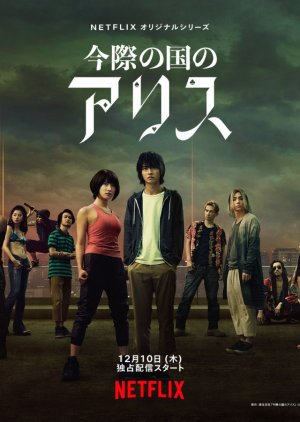 | 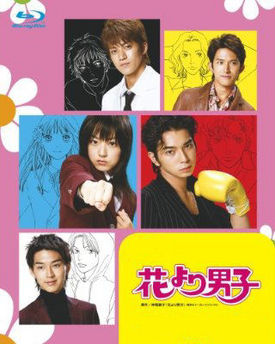 | 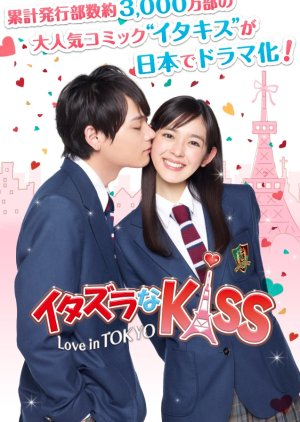 | 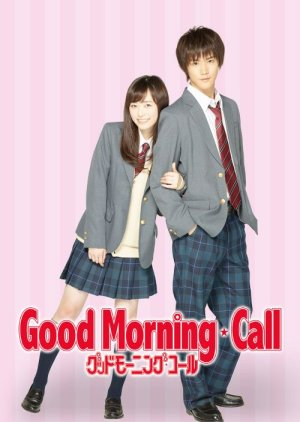 | 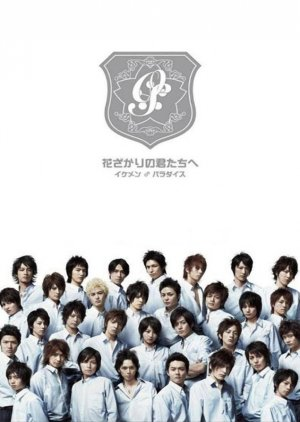 |
And a list of the "Top 5 Japanese dramas" overall:
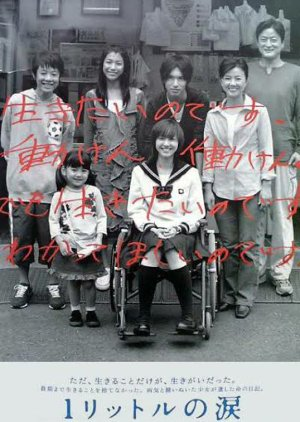 | 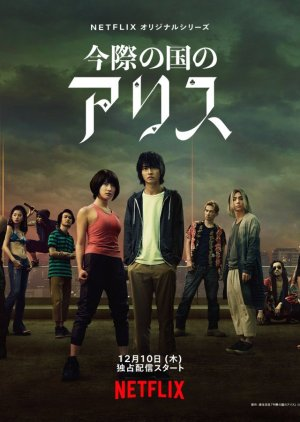 | 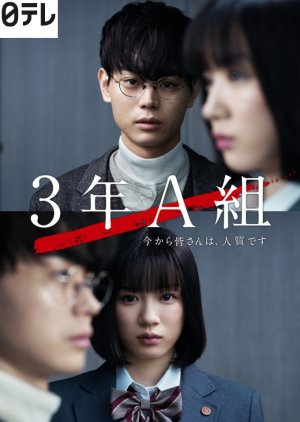 | 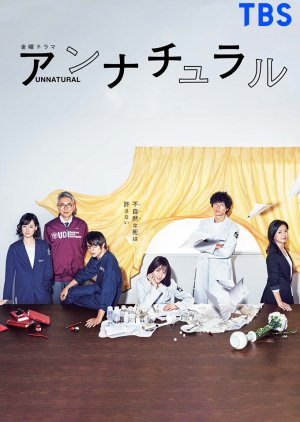 | 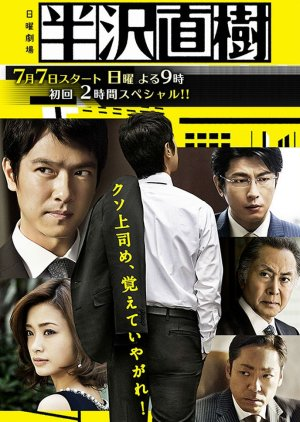 |
Now those who have watched a reasonable share of dramas from these lists can actually tell how vastly these two lists differ from each other in terms of their female lead character. FLs in the manga adaptations primarily fit the notion of being innocent or 'acting kawaii' most of the time. Acting kawaii is sometimes also seen as behaving childish or dumb and having zero resistance towards any physical or mental atrocity happening against them. A good example is the character Kotoko Aihara in the drama Love in Tokyo (2013).
Four out of five listed manga adaptations have a cute and naive female lead paired up with a Tsundere male lead. [Tsundere: Japanese term for a character development process that depicts a character with a personality who is initially very harsh before gradually showing a warmer, friendlier side over time. Source: Wikipedia].
Meanwhile, the female leads featured in the second list are reasonable, transparent, quick-witted, self-aware, and competent. You won't find them feeling inferior to anyone or letting any hurdles stop them. So to conclude, the characterization solely depends on the kind of narrative you are in and Jdramas have huge diversity in terms of that.


It was a straightforward task to theorize Fls we find in Jdramas/movies but it turned into a complicated assignment to label them discretely as we unexpectedly faced these tricky classifications.
Those who are faking their Kawaii persona |
It refers to the kind of female characters who are aware of the benefits acting kawaii would bring them and choose to behave childishly/innocent to get things their way.
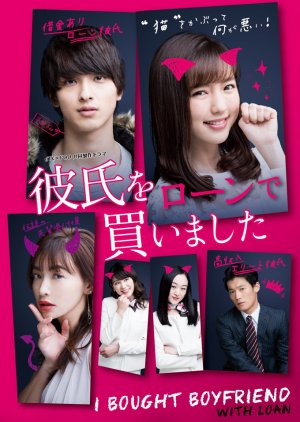 | 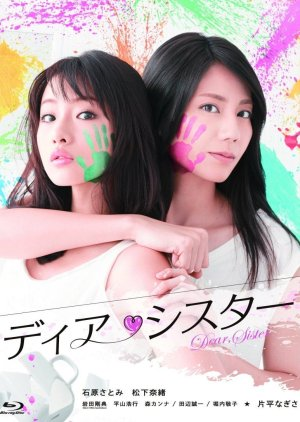 |
• Ukushima Tae from Kareshi wo Loan de Kaimashita dreams to marry a competent man and live as a housewife. Her boyfriend is Shiraishi Shunpei and he works at the same company. To marry him, Ukishima Tae pretends to act like a naive and shy person in front of him. Her real personality though is to speak frankly and make sharp remarks.
• Fukazawa Misaki from Dear Sister is good at putting on the little girl act. She did not fare well academically but knows how to swim with the tide. She's vigilant and possesses the power to fool just anyone by deceit or evasion.
Are they faking their kawaii persona or is it real? |
Characters coming under this category are hard to break down as we sense a bit of fakeness but can't allocate one single term describing their whole personality. They act childish/innocent but it doesn't work well every time as they face an Identity crisis from time to time.
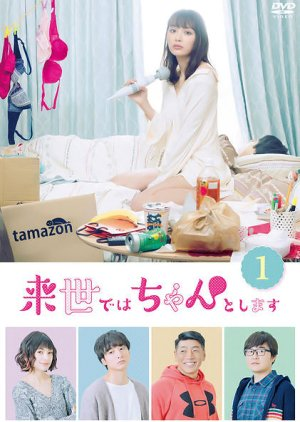 | 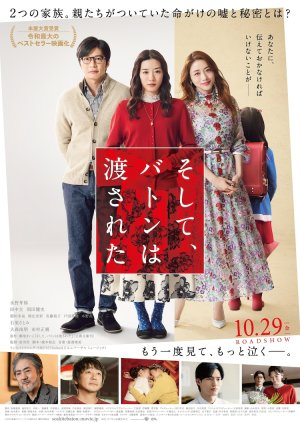 |
• Omori Momoe from Raise de wa Chanto Shimasu has intimate relationships with five male friends. She thinks of physical intimacy as a hobby that doesn't cost money. She can be perceived as someone friendly, generous, and considerate. Her personal life is a mess but she wears an unformidable mask around people portraying herself as someone who's too innocent to understand anything. It's really difficult to call her personality fake even though she uses her kawaii charms to attract her male friends.
• Rika from And So The Baton Is Passed knows how to manipulate people but she does it in such a manner that you can't blame her. She is the stepmother of Yuko and it's shown that she deeply cares for her. Her character is a mix of victim and predator in a subtle way. She somewhat fits the definition of Otona-kawaii and this movie is a good watch to understand this concept in depth.
Those who are unknowingly kawaii |
This part of classification refers to the female characters who are by default kawaii & innocent, they are not pretending or fabricating it to attain any benefits. It's how they are, sometimes cute, sometimes childish. Their personalities are more refreshing and less annoying.
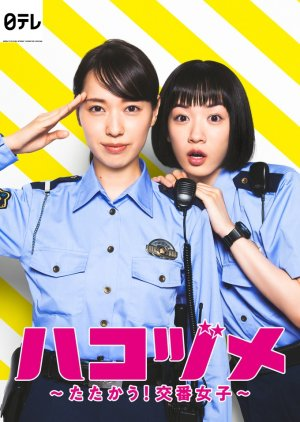 | 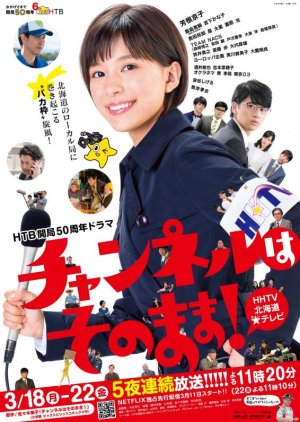 | 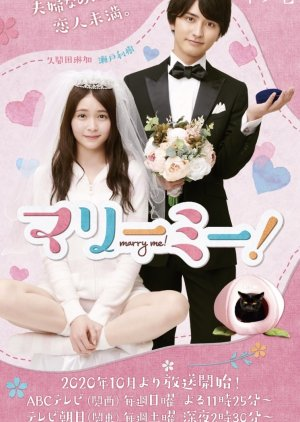 |
• Kawai Mai from Hakozume: Tatakau! Koban Joshi is a 20-year-old rookie police officer. She doesn't feel appreciated and thus wants to resign. I have nothing much to say because her character felt unpretentious. She just threw tantrums whenever she got a chance and was moderately not fit for clever physical work.
• Yukimaru Hanako from Channel wa Sonomama!, a 22-year-old fresh young reporter from Hokkaido, was one intriguing and fun character. I never laughed this much while watching a drama as I did while watching the uproarious journey of Yukimaru as she shatters all logical ways of doing things. She may appear immature but that's how she is, you can't help but root for her.
• A new government project pairs government employees with NEETs, as a means to rehabilitate them and re-introduce them into society. Sawamoto Himari from Marry Me was signed up without her knowledge. She's a naive girl who gets excited for little things in life, her adorable personality wins over everyone around her. Even though it's hard to imagine someone like her functioning in this harsh world.
Those who are blatantly naive |
It refers to female characters that are genuinely innocent from the start of the show, despite most of them having character development by the end of it. They usually get tricked easily and trust anyone without thinking twice. It sometimes gets hard to believe they actually behave this silly.
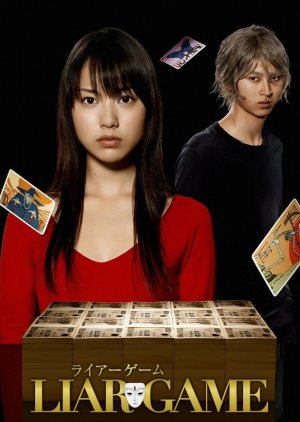 | 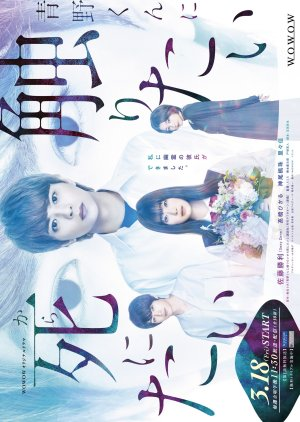 | 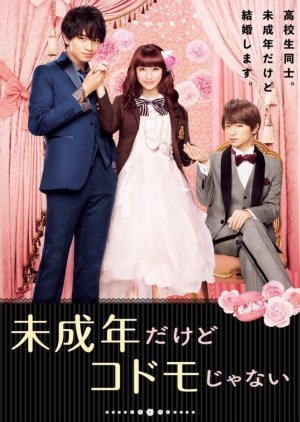 |
• Liar Game introduces us to Kanzaki Nao, who is said to be an extremely honest person. In fact, it is made clear in the drama how Nao might not even be 'foolishly honest', but 'honestly foolish'. While her character is portrayed as a naive and cute female lead, most of her actions can easily lead to a sentiment of frustration as, despite being part of a threatening game, the male leads always seem to be there to save the day, leading to a minimum character development from her part.
• Kariya Yuuri, who leads in the drama I Want to Hold Aono-kun so Badly I Could Die, is a high school student who seems and is really naive, to the point you may ask yourself if she's a bit of an airhead. Due to her naïveness, one day she falls in love with her classmate, Aono Ryuhei, when he unintentionally bumps into her and helps her to bring some books to her class. Not knowing exactly what love is, at first, despite that being the first time they talked, she becomes emotionally dependent on him.
• I'm Underage, but I'm Not a Child lets us meet Oriyama Karin, a high school student who was born with a silver spoon in her mouth and, on her 16th birthday, receives an arranged marriage as a present. Definitely not your typical rich and spoiled annoying character. Despite her extreme innocence, sometimes ignorance, and loudness, Karin is one of the cutest female leads I've ever encountered, and I could not help but fall for her pureness when she tried to make the male lead fall for her.
The term Kabedon or "壁ドン" is used to describe a situation in which a boy corners a girl, standing very close, with one hand on the wall. In fact, "壁" means "wall" and "Don" (ドン) is an onomatopoeia for hitting a wall with a hand, so the word is a graphic description of the meaning.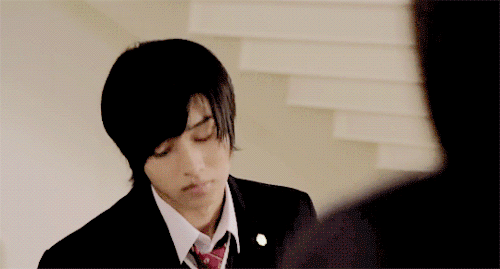
Kabedon is hugely popular in shoujo manga and of course in many TV adaptations, it appears frequently and has become a classic while holding your head up while grabbing your chin (ago-kui), hugs from behind, pats on the head, or carrying a little drunk girl on her back. The reason why we are discussing this is to tell how much it affects the personality of the female lead under the grasp of the male lead.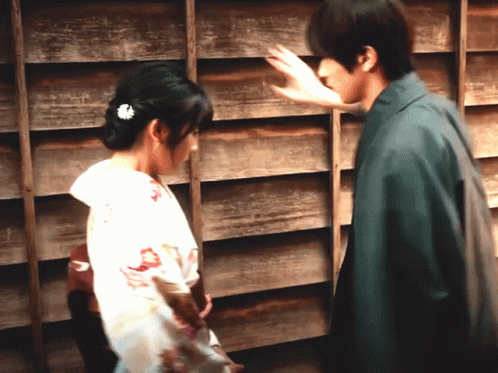
Watashitachi wa Douka Shiteiru (2020 )
While Kabe-don may seem like an aggressive action most of the time, lots of readers and viewers of these stories rarely see it that way, quite the opposite. It is believed the kabe-don moment is a very (sexually) tense moment that causes a lot of nerves and emotions: the guy takes control, he even poses as "I'm in charge" and he can kiss girls. He does it whenever he wants to, which usually excites female audiences.
Love Lasts Forever (2020)
As mentioned before, things like kabedon only appear in shoujo manga, and the fact that handsome actors do it in the film adaptations usually makes the hearts of the audience skip a beat. In most cases, the female leads are submissive and get easily intimidated even if it contradicts their personality. At that certain moment, we can feel they have no backbone whatsoever to resist. It obviously differs from situation to situation as they can also be in a consenting relationship.

However, it needs to be reminded that such things only happen in fiction, as some people may believe, mistakenly, that people like to receive a Kabedon from anyone. If someone you barely know or you don't even like does this to you in real life, it'll most of the time creep you out or scare you.

Finally, Kabedon is usually seen as a threat from the point of view of the person who doesn't like it and receives it. And that happens especially when there's a difference of power between both people, which might turn such a situation into an intimidating one, and, obviously, no one should consider it acceptable to incite the fears of others to get what they want.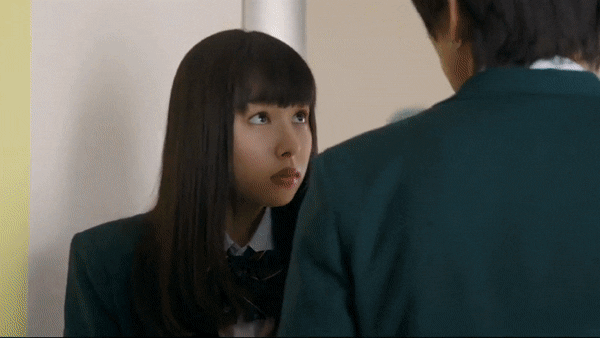

If I’m being honest, I don’t think I can define what a strong female character exactly is, nor could I do it with a strong male one. To avoid tokenism as much as possible, I’d like to focus first on answering what is a strong character, completely forgetting about their gender for a moment.
Now, lots of things come to my mind when thinking about the term ‘strong’. There are lots of interpretations, being physically strong or badass, to someone who is resilient or ambitious and smart.
Personally, I think this interpretation comes due to the fact that I’m completely opposite of what I just said, thus meeting those kinds of characters, who usually struggle in their stories to become my definition of ’strong’, makes me feel like I can someday be like that.
Despite my definition might seem pretty ’general’, and I’m sure people can think of one character or more who fit with it, I still have not met a character who can exactly relate to what I’m searching for. However, I do have some criteria to define a strong female character (not all the points need to be filled):
- She is proven capable of taking care of herself first, and then, other people.
- She demonstrates she has no dependence on people who have disrespected, taken advantage of her, or abused her. Moreover, despite knowing she might not escape from such a toxic environment, she knows her own worth and doesn’t believe she deserved or deserves such treatment.
- She loves herself (or learns how to do it) by who she is, accepting her negative and positive points, and does not believe that lack of physical perfection or not acting like what’s socially accepted makes her less of a human being.
- She’s confident and doesn’t let anyone put her achievements down or stop her from accomplishing her goals.
The female leads who I think are near to my strong female character are:
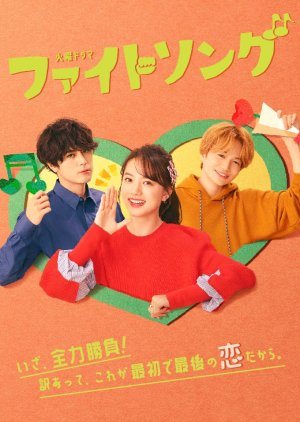 | 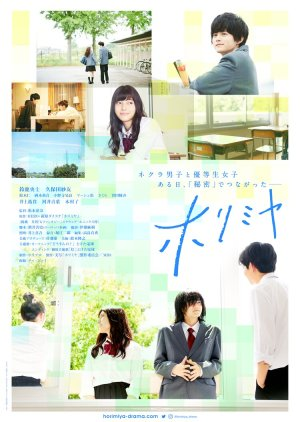 | 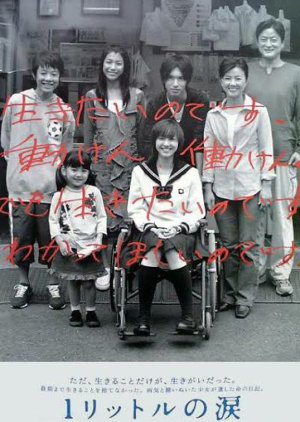 | 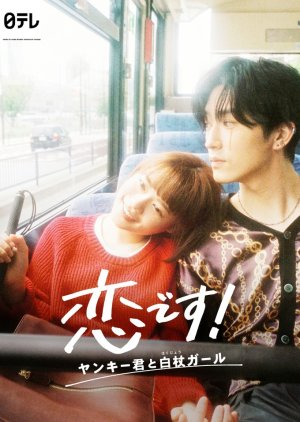 | 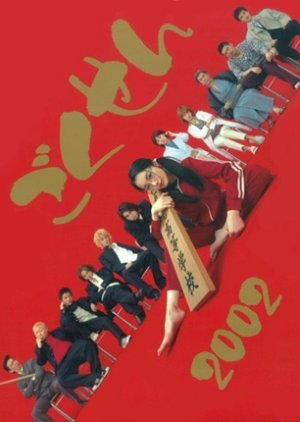 |

We as drama watchers can have mixed preferences, I myself can't draw a clear line on the type of content I enjoy. For example, look at these contrasting dramas I rated equally.
 |  |
The first story revolves around Sakura Nanase who wants to win the heart of her crush and thus pursues nursing. She’s clumsy, menial, and amateur. Her motive for becoming a nurse can be questioned too, but still, I liked her character who is diligent and makes us root for her as she follows her crush around. The second story features Aoi Midori, who is a pharmacist. Unlike Sakura, she is flawless and sincere in her work and doesn’t fickle around worldly hankering. With almost the same themes, these stories vastly differ in the female characterization. Sakura can be considered a good example of a cute & clumsy female lead we often see talked about in Jdramas but contrary to her, Aoi is vigorous and firm. I love both of these dramas and it’s hard to pick one.
See, there’s no correct definition of a strong female lead, it varies and depends on the viewers as to who they consider smart and strong. For me personally, it’s someone who has the guts to overcome any hardship even if it’s caused by herself, and is able to express her desires.
These dramas fit perfectly in my definition of a Strong female lead:
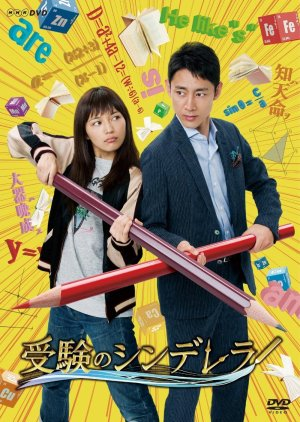 | 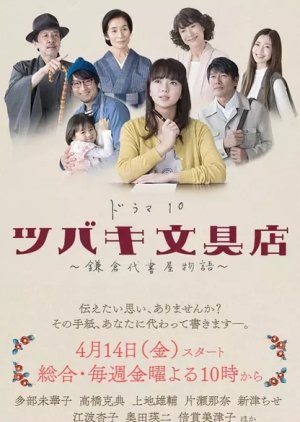 | 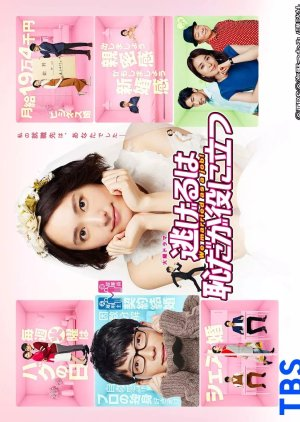 | 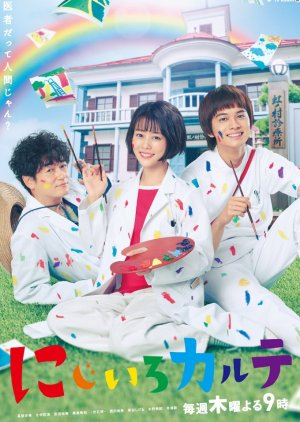 | 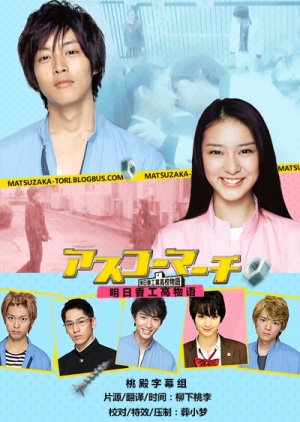 | 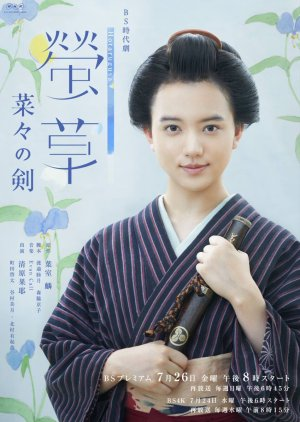 |

 |  | 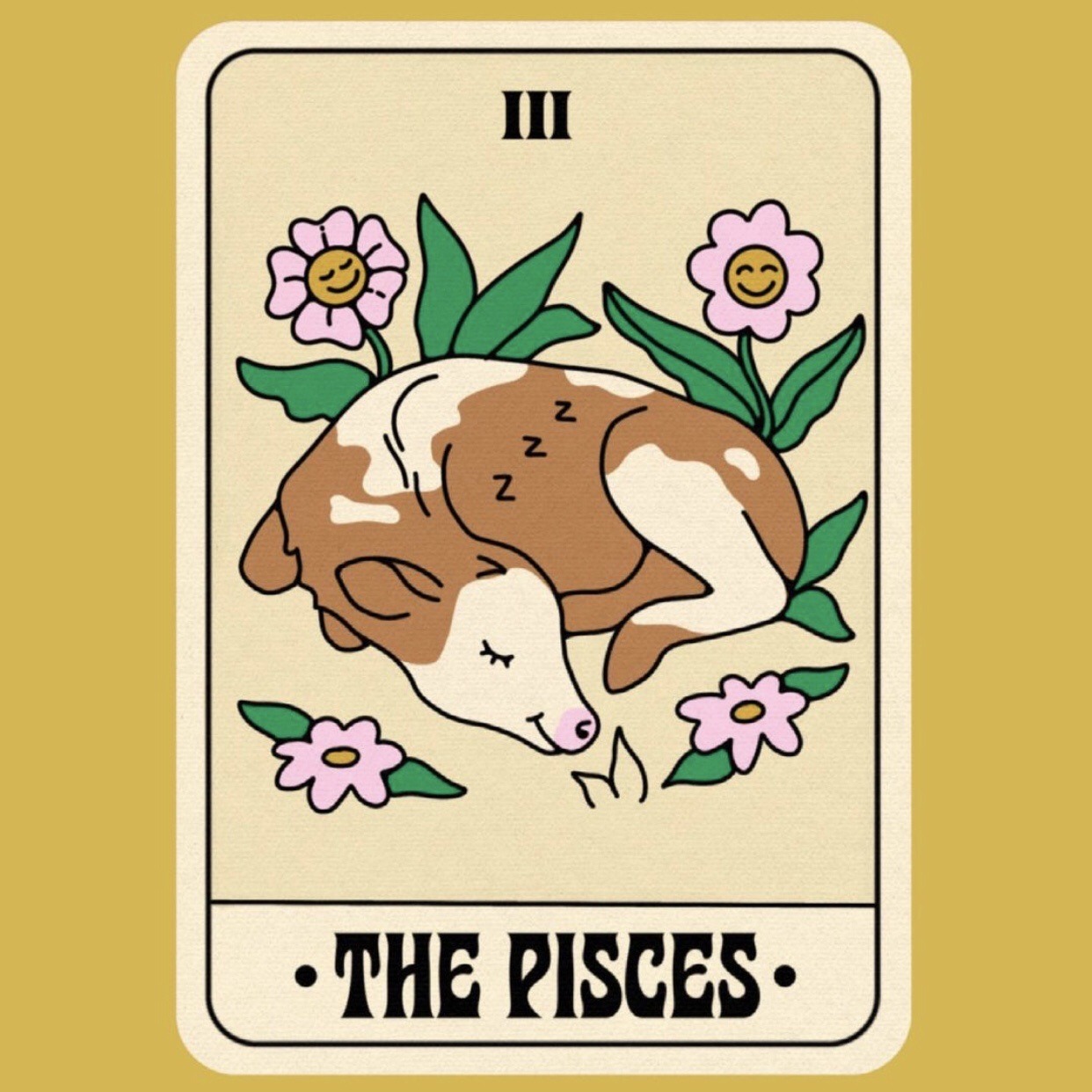 |
 | 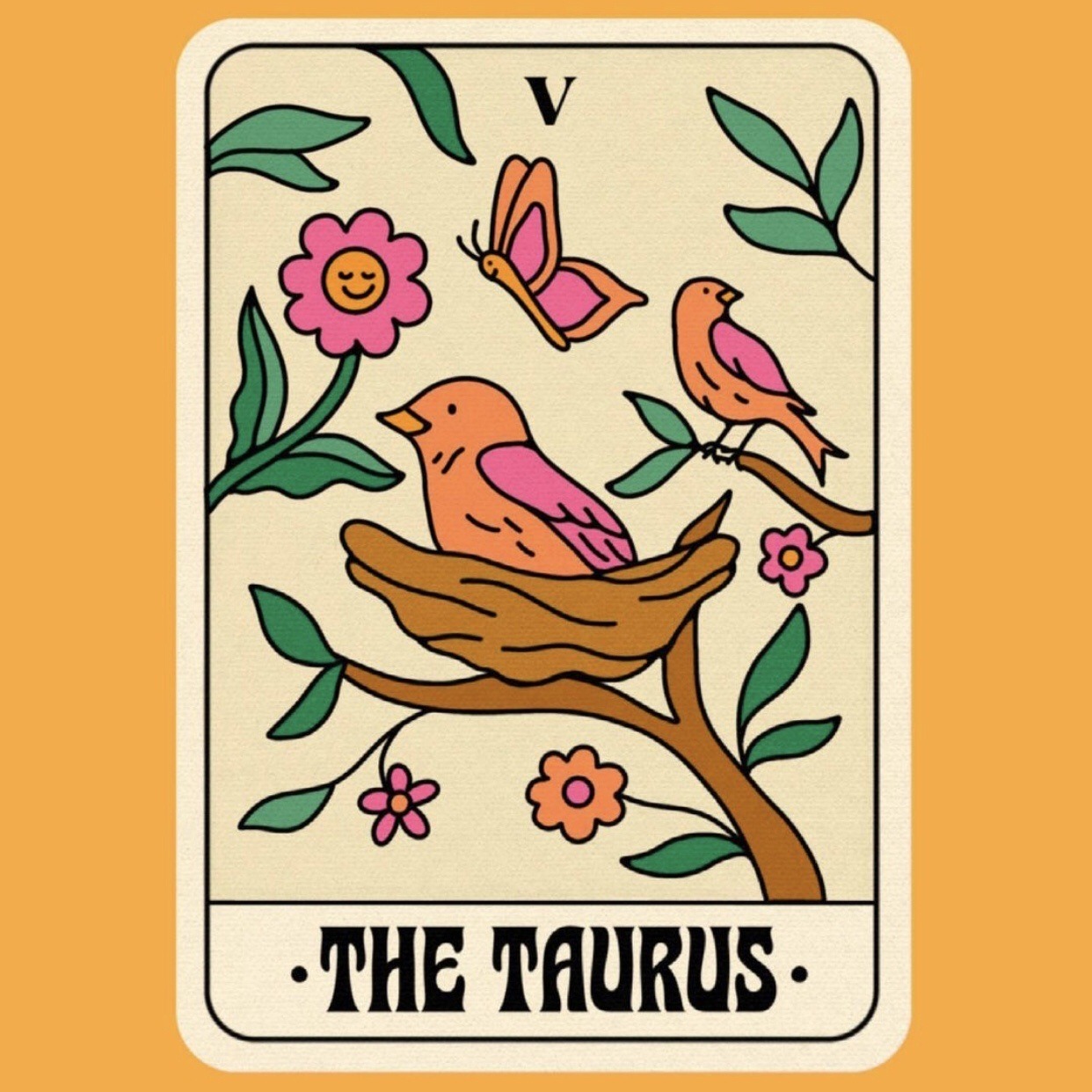 |  |
 |  |  |
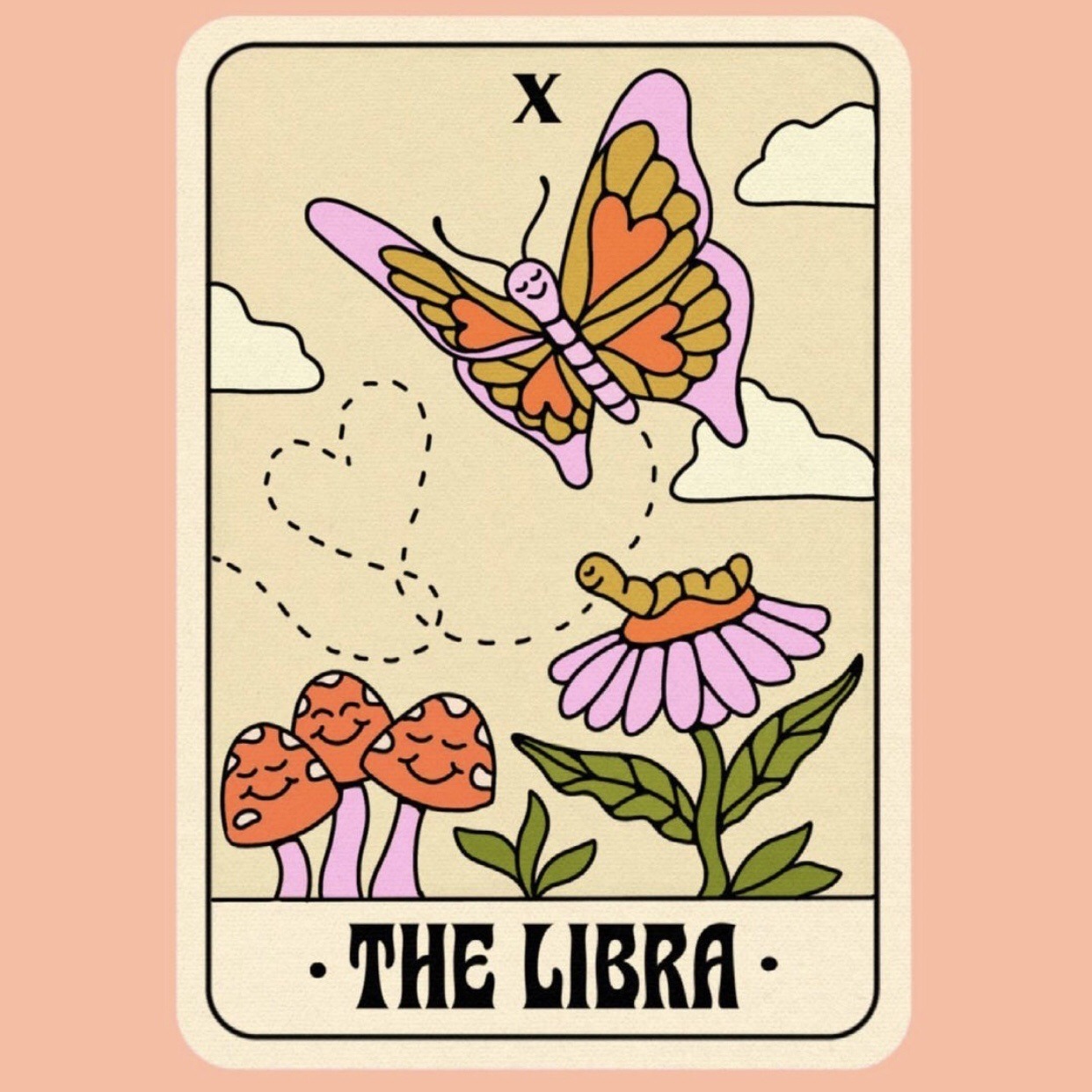 |  | 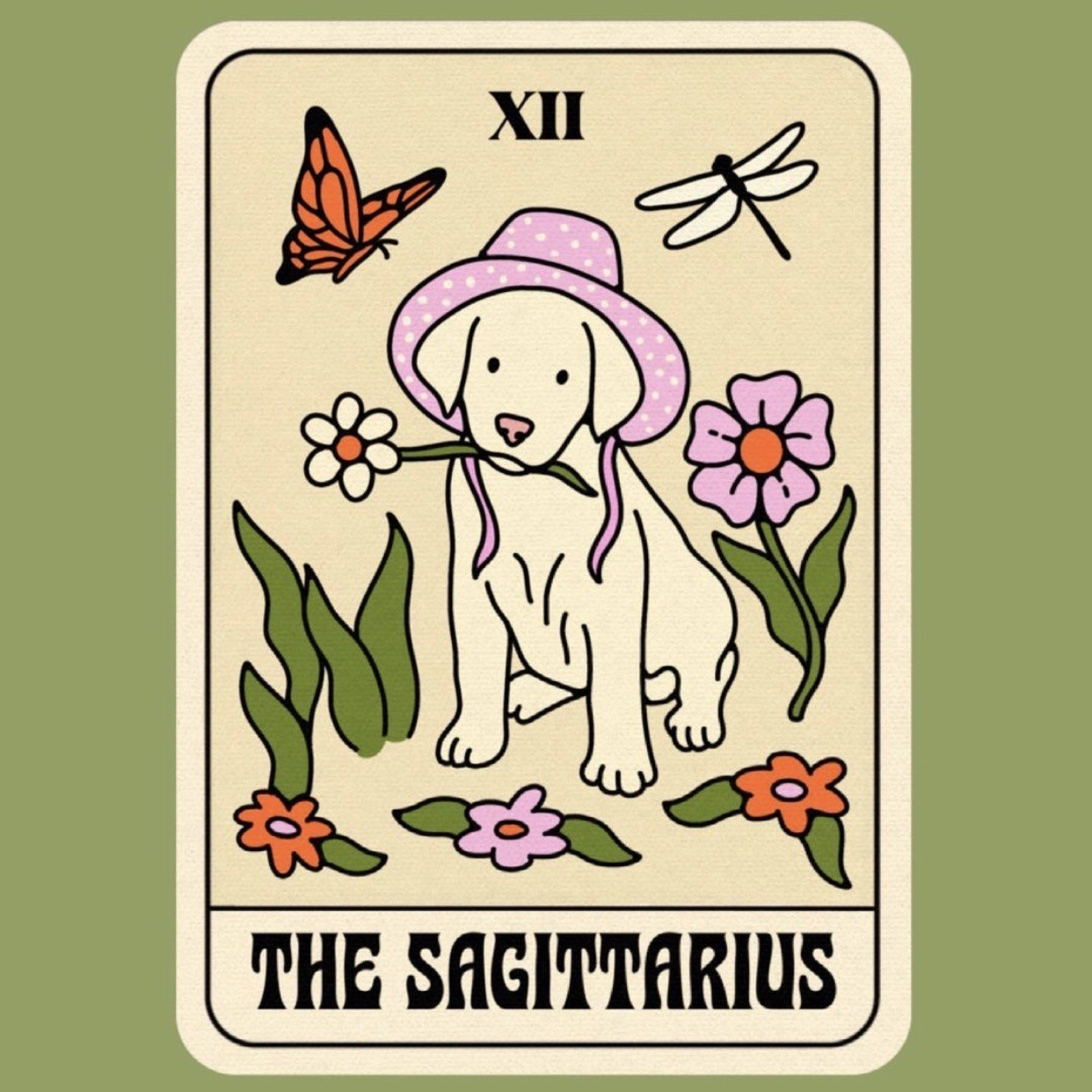 |
Thanks for scrolling down there! We hope this was an insightful reading regarding the various stereotypes we have for Japanese female lead depiction. Tell us about your favorite female characters in the comment down below, See you all next time!
Credits: We do not own any of the images/gifs/stickers. All gifs/images/stickers are linked to their sources, otherwise, screenshots and self-made GIFs are taken from the drama scenes. Link to zodiac sign cards [1 & 2]. Articles we've taken references from: [1], [2], [3], [4], [5], [6], [7]. All banners are self-made. Source for drama posters: Mydramalist. | Edited by: devitto (1st editor) |





